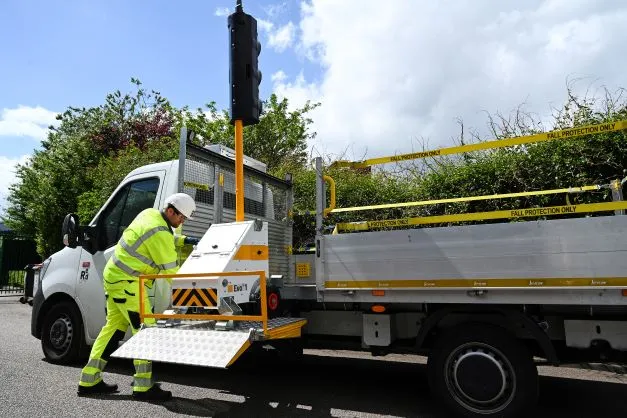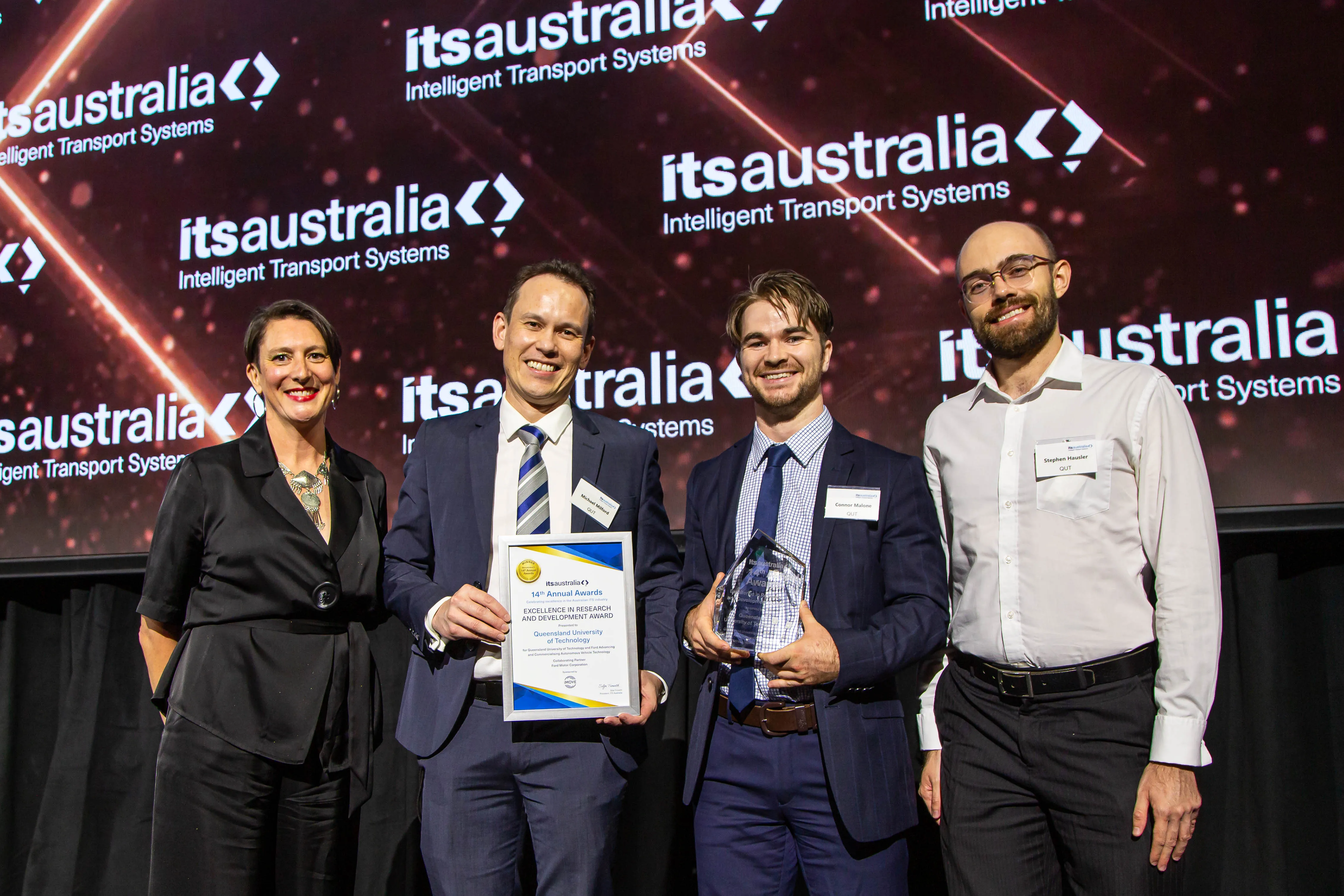
Traffic Group Signals says its Evo1, a wireless traffic-signal coordinator, provides the flexibility and of a portable signal but with performance of a permanent signal.
Evo1, manufactured in the UK, features a new user interface to offer greater functionality than any previous solution. A new controller also provides full nine-phase functionality and visualisation in a single compact unit, with the ability to control and monitor the full site from the master controller. Benefitting both operative and road users alike, the phasing capabilities maximise traffic flow.
Traffic Group Signal’s latest AutoGreen has also been incorporated into the Evo1 as standard and now supports pedestrian crossings.
This allows operatives to now run a crossing alongside two-way AutoGreen controlled traffic. The company says its AutoGreen Technology is the only system proven to improve efficiency at roadworks by more than 50% compared with traditional signals and the only system capable of preventing the shuttle lane from becoming blocked.
These features are made possible thanks to the integration of Traffic Group Signal’s Active Channel Management system and what the company says is the first custom-designed antenna for portable signals – Clarity Antenna.
This antenna ensures the most reliable signal performance in a stressful operating environment. With Evo1, signal failure will be a thing of the past and users will benefit from total reliability in urban environments without impacting other services.
The base unit has been designed to increase safety and ease of handling for the operative. A revised wheel placement and an easier-to-use handle ensures operatives can face traffic when moving signals around the site.
For improved security, the battery management system is designed into the fabric of the signal and delivers extended run times. Critically, downtime of the signal is also minimised with a specially designed rapid-charge system. A minimum 14-day run time can be achieved on a full charge.
Evo1 users will also receive a 12-month subscription to TMdesk, a purpose-built signal fleet management and monitoring system direct from Traffic Group Signals. This seamless system allows operatives to keep track of every asset, with the option to upgrade to TMDesk Pro. This allows sight of the number of phases, traffic levels, signal status, signal location and battery status across multiple sites in a simple map view.
“We have proactively adapted to the evolving needs of our customers by designing the world’s first wireless, crossover portable traffic signal,” explains Will Credicott, marketing manager at Traffic Group.
“By incorporating our market-leading AutoGreen technology, it is able to adapt to ever-changing traffic conditions, helping to significantly improve journey time through roadworks. By integrating our proprietary Signal Studio app, we are able to design, simulate and configure signals via a desktop.”
Traffic Group Signals offers a range of portable and temporary traffic signal products, which can be used from two-way works up to complex, wireless UTC-integrated junction schemes.










